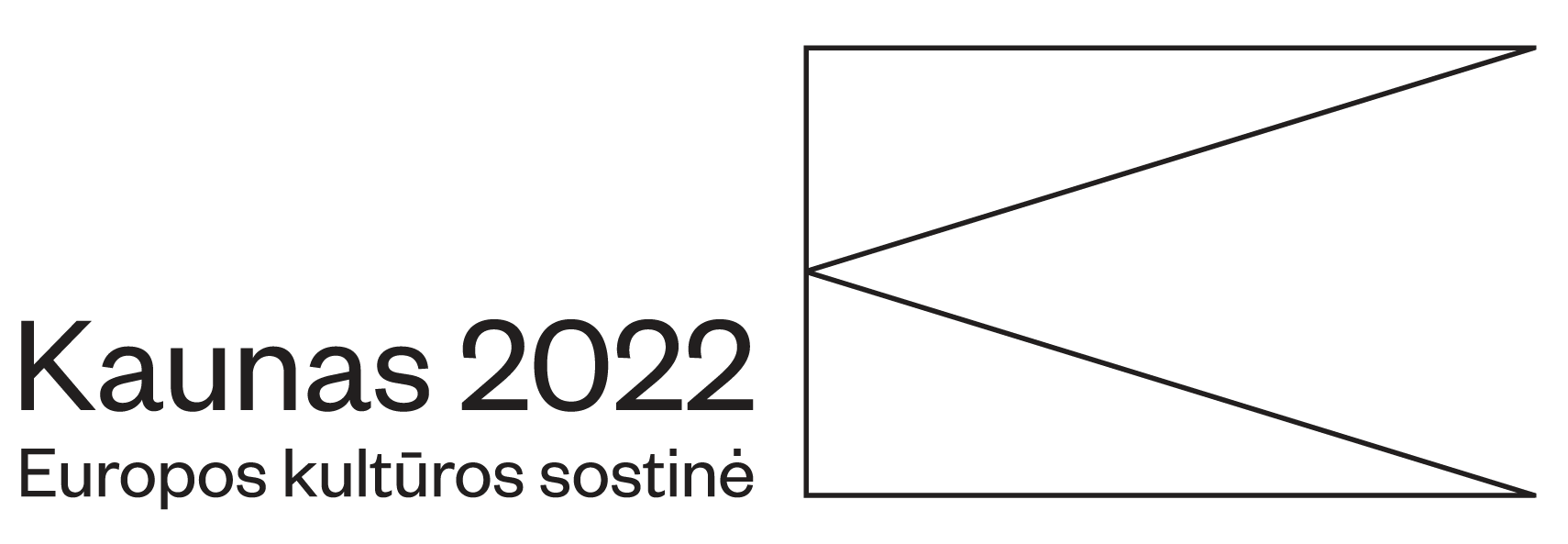One of the heads of Sėkmės mokykla and a coordinator of the Kaunas 2022 educational programme Kaunas Challenge, Šarūnas Dignaitis firmly believes that young people should cultivate their academic knowledge as thoroughly as their common competences, while the teachers need to become authorities without any fear to show they make mistakes too. Šarūnas just recently spoke at the first national teachers’ conference in Lithuania, where he demonstrated his abilities as a drummer too, so we decided to chat to him about what contemporary children are looking for in schools, also what they can’t find there yet (and why).
Sėkmės mokykla offers various opportunities of informal education, and you help children to get to know the potential job fields they’re interested in. Can you tell us more about your work with Sėkmės mokykla?
Well, we’ve just celebrated our 10th birthday! Long story short, we’re solving a fairly simple problem at Sėkmės mokykla – the schools provide academic knowledge, whereas we think that’s not the most important thing in education. Schools should teach emotional intelligence, public speaking, individual and team work, time and stress management and so on, therefore we’re the ones focussing on such programmes.
Right now we have a programme which allows pupils to try out their dream job in a practical sense: we’re inviting children and teenagers to take part in an interview, then we’re sending them to a company working in that particular field for a week-long internship. In other words, we’re helping schoolchildren to make up their minds about what they’d like to study when school’s over or what job would they look for in the future.
You’re also the coordinator of the Kaunas 2022 project’s educational programme Kaunas Challenge; the second training session took place not so long ago. What are some of the aims of this platform and what can pupils discover here?
The mission of this programme is to show everyone that pupils are perfectly able to create, not only to listen. The platform focuses on the general competences which are being cultivated during seminars and creative workshops. We also go to various companies to learn and to help them solve their specific real problems. It’s actually this problem solving that makes us learn the most. The whole programme of Kaunas Challenge is embodied in the projects or social initiatives the schoolchildren then create, projects that will help our beloved city grow.
You probably get to encounter very different pupils. What do they think about the education they receive in modern schools? And why are they looking for alternatives like the ones Sėkmės mokykla provides?
They understand that a school is not an institution which creates a complete, successful personality; they also know that good grades can’t guarantee getting a good job or a good salary. This realisation that academic knowledge is only best of an academic environment is probably what motivates them to seek alternative methods that could add to the development of their personality.
Recently you spoke about an authority of a teacher at the Vytautas Magnus University’s festival for teachers of Lithuania. What is required for a teacher to become an authority for his/her students? And what would you suggest teachers and students should base their relationship on?
I think it’s all relatively simple – you need to be yourself as a teacher, with all of your cons and pros. The pupils I talked to about what a respected authority is to them said that it’s a teacher that knows the thing he or she teaches very well, also knows how to talk and interact with students as equals. We often tend to forget that second part – the solid communication, the notion of everyone being equal. Whenever an educational specialist removes the imaginary “Teacher of the year” badge, the pressure also comes off, and both the teacher and the students can feel the benefits of that. Additionally, teachers shouldn’t be afraid to show pupils that they make mistakes as well. It’s not a sign of weakness, rather a testament of humanness.
You also spoke about the general competences, which should be a big part of the learning process apart from the already-discussed academic knowledge. How can students acquire the practical knowledge that will be useful to them throughout their lifetime, also how can they know just what type of specific knowledge is required?
General competences – it’s quite an odd concept, right? Accordingly, everyone understands it in very different ways, and engaging with this concept as well as measuring it is a therefore a very complicated task. I’d probably say that we’re working on our general competences at any given moment of our life, everywhere, the question is how effectively are we doing it? I believe that this might and should be addressed in various programmes, sport activities, music schools and so forth. What we work on at Sėkmės mokykla and Kaunas Challenge is basically learning via the practical route, using reflections and personal mentorship. All of these aspects help us delve much deeper into the problems at hand.
In your opinion, what should a school of the 21st century look like?
It’s both easy and difficult to answer this question. I’m fairly biased as my former colleagues have opened a school of the 21st century already – Lithuania’s first Democratic school is the best example I can give. It’s a place where people ask for the opinion of the pupils every single day, and I think it’s one of the most crucial aspects of it since we’re building schools for children, not for ourselves, so we should listen to them. However, I’d like to remain impartial to some level and propose another idea – there should be an array of different schools. At times we want to unify every institution to follow the most successful example, and that’s definitely not the most advanced decision for most cases: we’re all very different, and the logical thing would be to have a selection of diverse schools to satisfy a truly wide range of educational needs.

